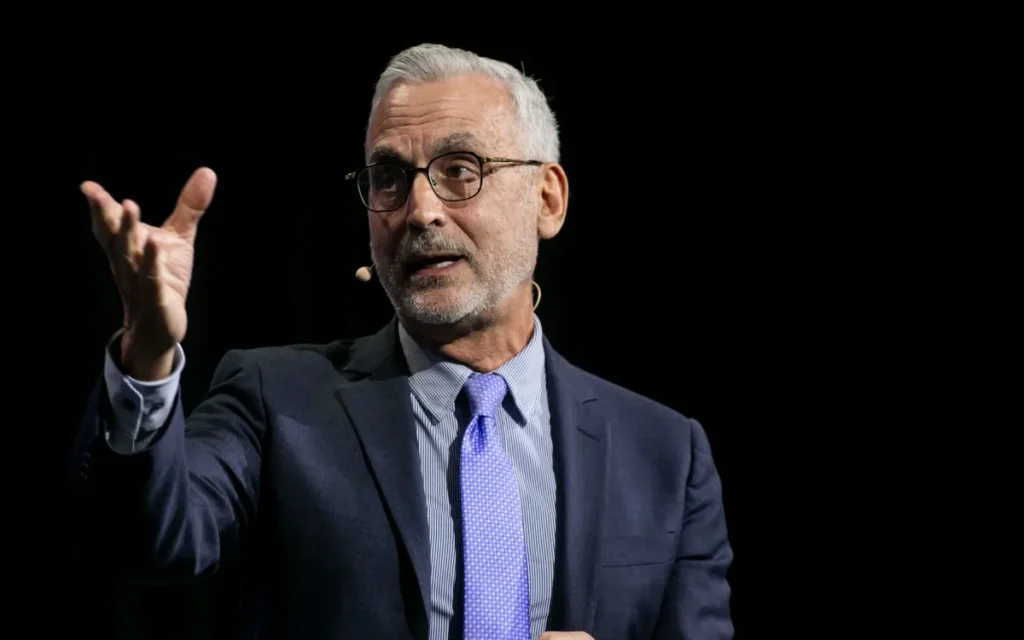Ripple CLO Stuart Alderoty supported Kraken in the SEC lawsuit, claiming that the exchange’s use of crypto tokens does not violate securities law.

Ripple CLO Stuart Alderoty has openly defended crypto exchange Kraken in its ongoing legal battle with the U.S. Securities and Exchange Commission (SEC) over alleged securities law violations.
On Friday, U.S. District Judge William H. Orrick denied Kraken’s motion to dismiss the SEC’s lawsuit and directed the exchange to respond to the “complaint” within 20 days.
Ripple CLO Supports Kraken
Reacting to the recent ruling, Ripple CLO Stuart Alderoty highlighted certain aspects of the court’s decision in the Kraken vs. SEC case, noting that the court has once again confirmed that there is no such thing as a “crypto asset security.”
Alderoty referred to this outcome as a setback for the SEC, criticizing the regulator’s reliance on a regulation-by-enforcement strategy based mainly on the dispute premise. “Bad news for the SEC,” he wrote.
Meanwhile, Kraken’s Chief Legal Officer Marco Santori emphasized the Federal court’s ruling, which indicates that none of the tokens trading on Kraken are securities.
Yesterday, the judge mentioned that the regulators’ designation of Kraken tokens as “crypto asset securities” is “unclear at best and confusing at worst.”
Santori pointed out that the Court criticized the SEC’s lawsuit tactics and questioned the agency for repeatedly misrepresenting Kraken’s stance by insisting that a “written contract” is necessary to define a security.
But why has the Court allowed the Kraken lawsuit to proceed despite this criticism? Santori explained that fundamentally, the court in Kraken’s case made the same distinction as in Ripple’s case: a token isn’t a security, but agreements surrounding the token could be.
He stated that the SEC has lost on the “tokens are securities” argument and thus cannot rely on it going forward.
Moving ahead, the U.S. regulator will need to prove that every transaction on Kraken is a security, which it can’t, according to Santori.
The Kraken CLO argued that the SEC’s Howey Test criteria would not be satisfied and stressed Kraken’s readiness to demonstrate this during the discovery process. He also asserted, “Kraken will fight and Kraken will win.”
Kraken is not alone in this battle, as other industry players, such as Coinbase, are also dealing with the SEC’s regulatory actions.
SEC Lawsuit and Regulation-By-Enforcement Strategy
Santori also criticized the SEC for its regulation-by-enforcement approach, stating that it could have broader implications for the crypto industry.
He argued that applying this standard across the entire crypto industry would be costly and time-consuming, considering the billions of transactions for a given asset.
This would ultimately lead to prolonged litigation. Santori reiterated that the ruling validates Kraken’s position that the SEC cannot effectively regulate crypto through enforcement alone.
Amid the ongoing SEC actions, crypto market players are also adjusting to find common ground with regulators.
Crypto exchange Binance, for instance, is expanding its compliance team following its lawsuit with the SEC over the past year and beyond.
